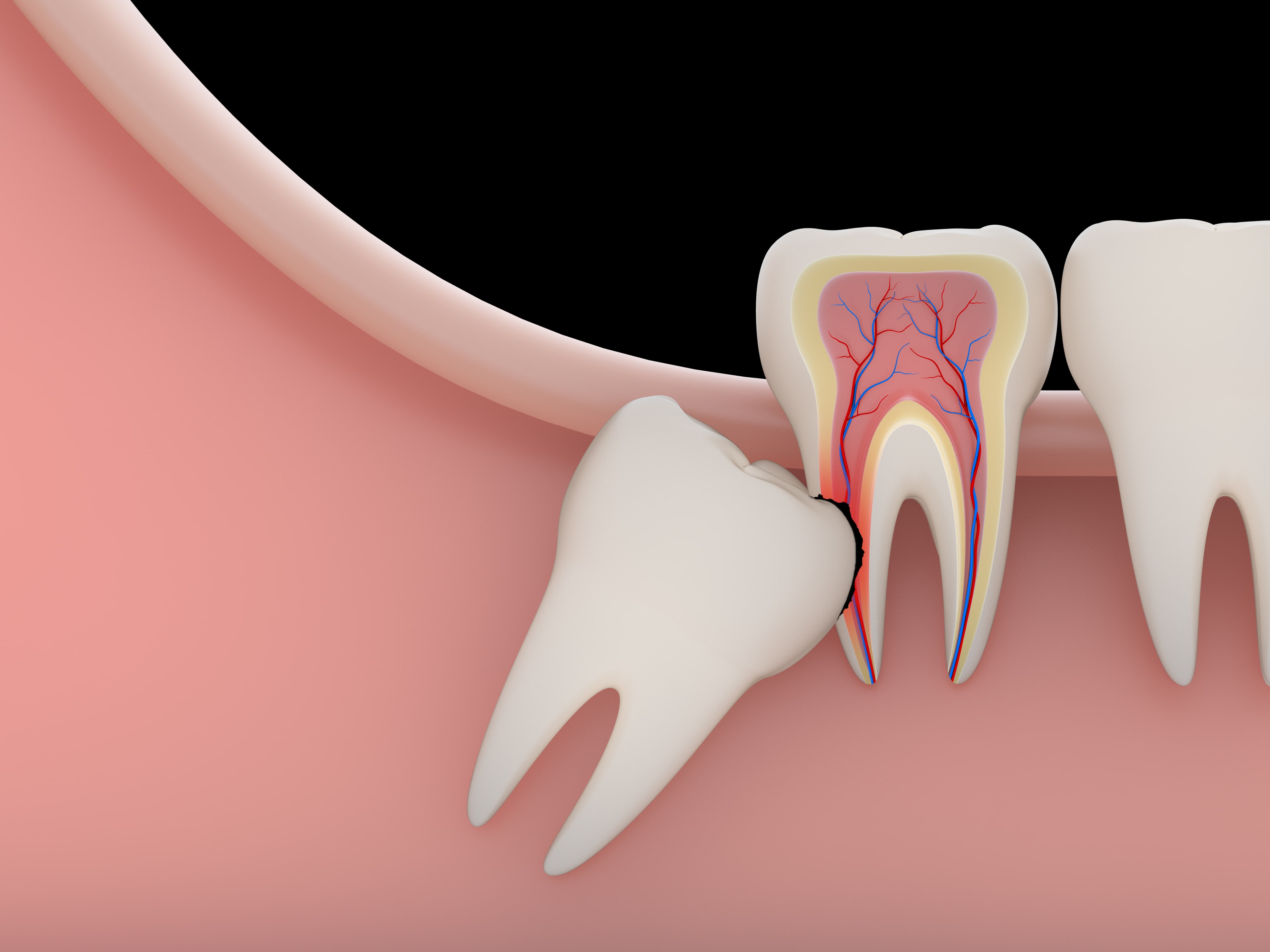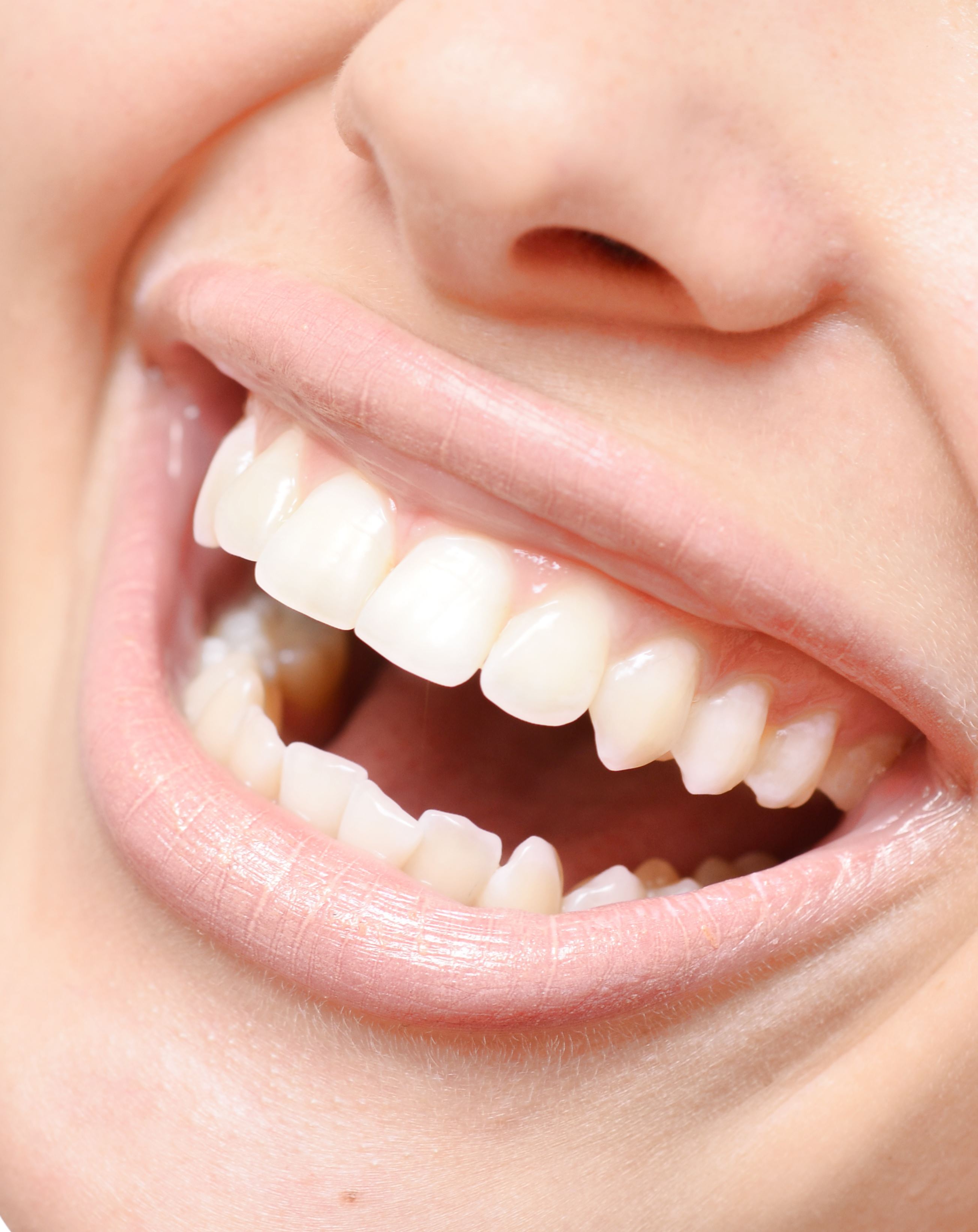781 Centre Road, East Bentleigh, VIC 3165
-
Mon- Fri 8am – 5pm
Temporomandibular joint (TMJ) pain is a condition experienced by millions of people around the world. While it’s commonly associated with dental issues, the connection between poor posture and TMJ pain is often underestimated. In this blog post, EBDG takes a closer look at TMJ pain and its relationship with poor posture.
What is TMJ Pain?
The temporomandibular joint acts as a hinge that connects the jawbone to the skull. It plays a crucial role in everyday activities such as chewing, speaking and even yawning. When this joint becomes painful, it can lead to facial pain, headaches, difficulty opening and closing the mouth, and clicking or popping sounds. TMJ pain can be caused by various factors, including trauma, bruxism (teeth grinding) and even poor posture.
The Link Between Poor Posture and TMJ Pain
Believe it or not, your posture can have a big impact on the health of the temporomandibular joint. Poor posture, which often involves slumping shoulders, a forward head position and misalignment of the spine, can create tension in the muscles supporting the jaw. This tension can lead to increased stress being placed on the TMJ, causing pain and discomfort.
The forward head position commonly associated with poor posture can be especially problematic. It shifts the alignment of the head and neck, changing the way the jaw and TMJ function. Over time, this misalignment can lead to increased wear and tear on the joint, worsening TMJ pain.
How to Alleviate TMJ Pain
- Improve your posture – Addressing poor posture may help to alleviate TMJ pain. Pay attention to your sitting and standing habits, making sure your head is aligned with your spine and your shoulders are relaxed. Regular stretching and strengthening exercises for the neck and upper back can help to improve posture and reduce tension in the jaw muscles.
- Manage stress – Stress is a common contributor to TMJ pain. If you’re experiencing stress, practice stress-reduction techniques such as deep breathing, meditation or yoga to help relax the muscles.
- Visit your dentist – If your TMJ pain is severe or persistent, it’s important to consult with your dentist.
At EBDG, our dentists can help identify the cause of your TMJ pain and recommend suitable treatments such as splints or mouthguards. Contact us today to make an appointment at our clinic.







